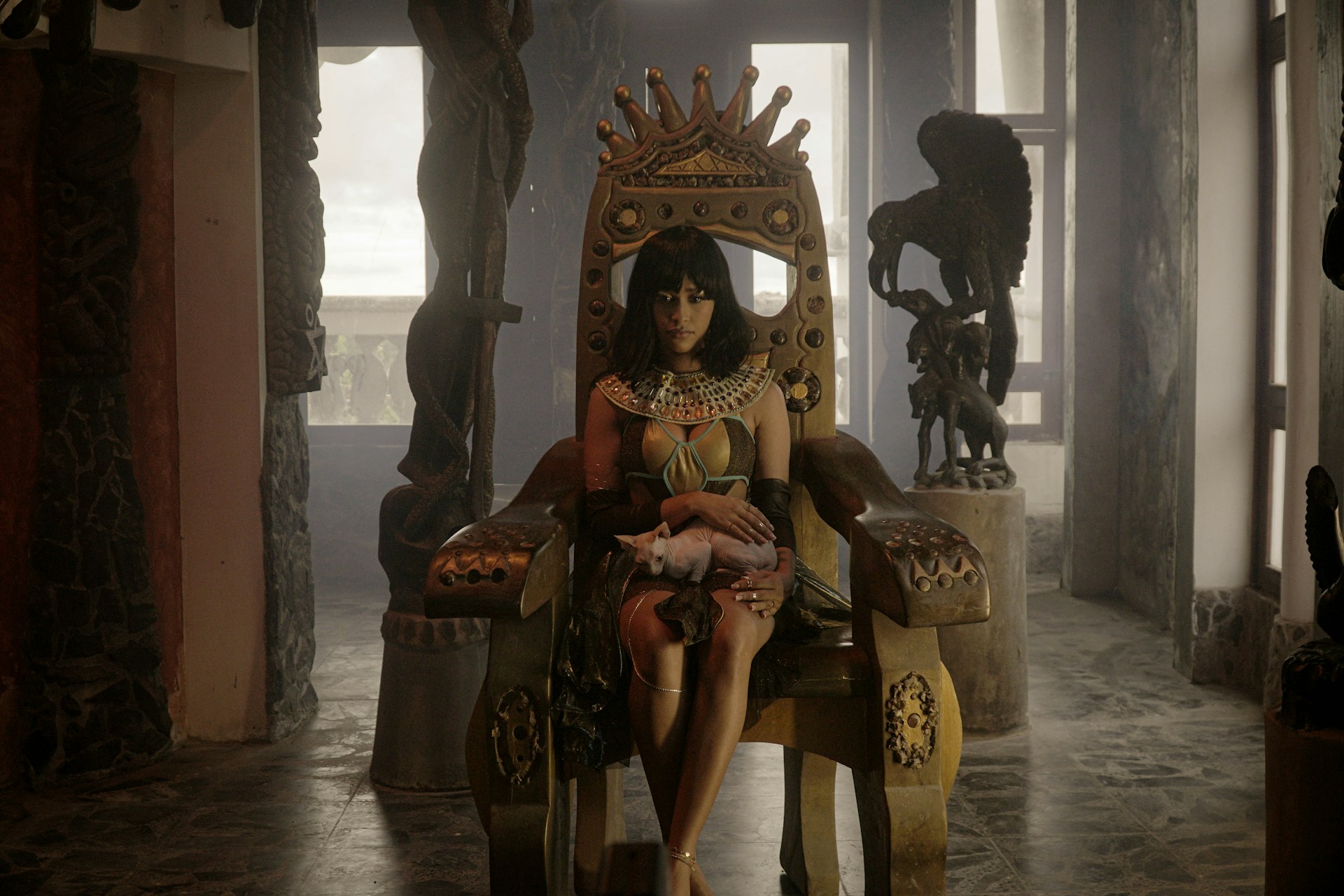Essay on The Role of Women in History
-

Eseandre Mordi
-
09 Oct 2024

Throughout history, women have played pivotal roles that have shaped societies, cultures, and nations. Despite often being overshadowed by their male counterparts, the contributions of women have been crucial in various fields such as politics, science, art, and social reform. This essay will explore the multifaceted roles women have undertaken throughout history, emphasizing their resilience, creativity, and leadership.
Women in Ancient Civilizations
In ancient civilizations, women held various roles that significantly impacted their societies. For instance, in Ancient Egypt, women enjoyed a relatively high status compared to their contemporaries in other cultures. They could own property, initiate divorce, and engage in business. Prominent figures such as Hatshepsut, one of the few female pharaohs, illustrate the political power women could wield, as she ruled Egypt and undertook ambitious building projects, significantly impacting Egyptian history.
Similarly, in Ancient Greece, women were primarily confined to domestic roles; however, some women, such as the poet Sappho, made substantial contributions to literature and philosophy. Sappho's works have influenced countless generations, proving that women's voices were essential even in male-dominated societies. Despite facing restrictions, women in these early civilizations laid the groundwork for future generations, advocating for their rights and expressing their creativity.
Women in the Middle Ages
The Middle Ages saw women taking on various roles that reflected the complexities of medieval society. Noblewomen often managed estates, wielded power behind the scenes, and were influential in political alliances through marriage. Figures like Eleanor of Aquitaine exemplify the significant roles women played in politics, as she was both a queen of France and England, actively participating in the courts of her time and contributing to the cultural life of Europe.
However, women in the Middle Ages also faced substantial challenges. Many were subjected to societal norms that confined them to domestic spheres. Despite these restrictions, women found ways to assert their influence, particularly in religious communities. Nuns like Hildegard of Bingen emerged as scholars, mystics, and composers, making lasting contributions to music and theology.
Women in the Renaissance
The Renaissance marked a period of significant cultural revival, and women began to emerge in various fields, albeit still facing societal limitations. The era produced remarkable women like Sofonisba Anguissola, a talented painter who gained recognition in a male-dominated art world. Her work exemplified the talent and potential of women artists, challenging the prevailing stereotypes of the time.
Moreover, women played vital roles in the intellectual sphere during the Renaissance. Figures like Christine de Pizan, who wrote "The Book of the City of Ladies," challenged the notion that women were inferior to men, advocating for women's education and rights. These women helped lay the foundation for future feminist movements, asserting that women's contributions were just as valuable as men's.
Women in the Modern Era
The modern era has seen women take on increasingly prominent roles in various sectors. The suffrage movement in the late 19th and early 20th centuries marked a significant turning point, with women fighting for their right to vote. Leaders like Susan B. Anthony and Emmeline Pankhurst became symbols of the struggle for women's rights, inspiring future generations to advocate for gender equality.
In addition to political movements, women have made significant strides in science, technology, and social reform. Pioneers such as Marie Curie in physics and chemistry and Rosa Parks in civil rights exemplify how women have broken barriers and made lasting impacts on society. Their achievements not only advanced their respective fields but also inspired countless women to pursue their dreams.
List of Influential Women in History
- Cleopatra VII. The last active ruler of the Ptolemaic Kingdom of Egypt, known for her intelligence and political acumen.
- Marie Curie. The first woman to win a Nobel Prize and the only person to win in two different sciences: Physics and Chemistry.
- Susan B. Anthony. A key figure in the women's suffrage movement in the United States, advocating for women's voting rights.
- Malala Yousafzai. An activist for female education and the youngest-ever Nobel Prize laureate, symbolizing the fight for girls' education worldwide.
- Rosa Parks. An iconic figure in the American civil rights movement, her refusal to give up her bus seat became a pivotal moment in the struggle for racial equality.
Conclusion
The role of women in history is vast and varied, reflecting their strength and resilience across different periods and cultures. From ancient civilizations to modern movements, women have consistently contributed to societal advancements, often in the face of adversity. Their achievements in politics, science, art, and social reform have not only shaped the world we live in today but also continue to inspire future generations to strive for equality and justice. Recognizing and celebrating these contributions is essential in understanding the full scope of human history.
